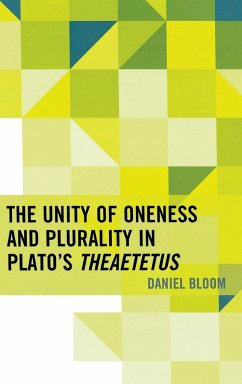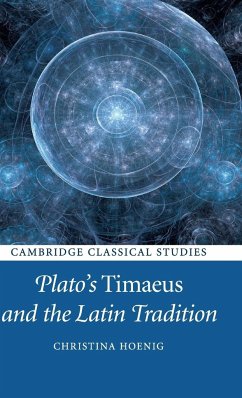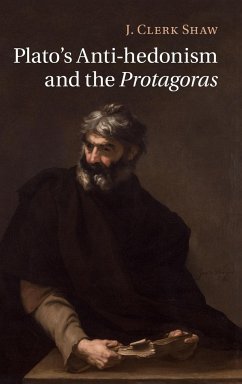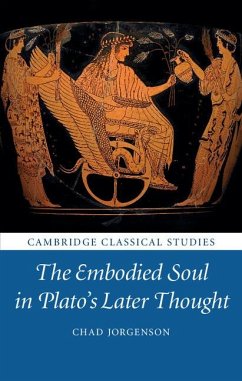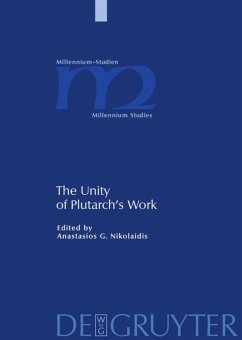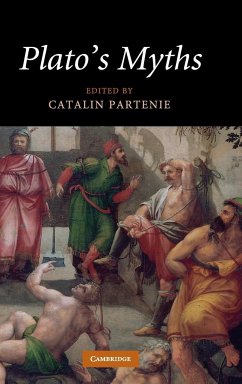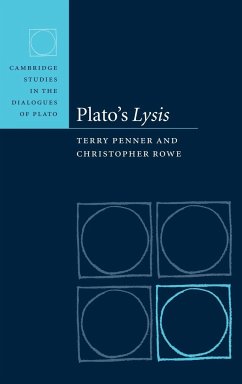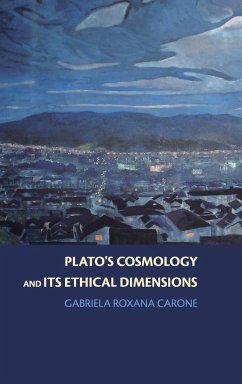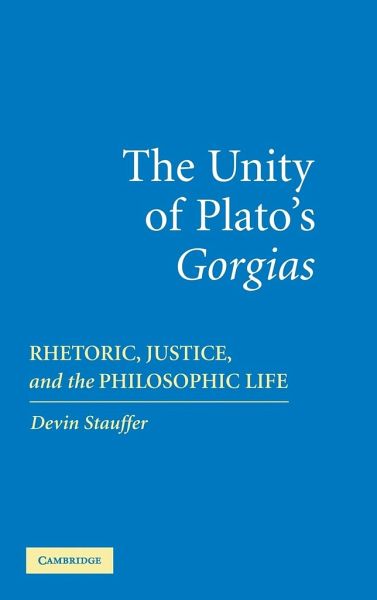
The Unity of Plato's 'Gorgias'

PAYBACK Punkte
55 °P sammeln!
Stauffer demonstrates the complex unity of Plato's Gorgias through a careful analysis of the dialogue's three main sections. This includes Socrates' famous argumentative duel with Callicles, a passionate critic of justice and philosophy, showing how the seemingly disparate themes of rhetoric, justice and the philosophic life are woven together into a coherent whole. His interpretation of the Gorgias sheds new light on Plato's thought, showing that Plato and Socrates had a more favourable view of rhetoric than is usually supposed. Stauffer also challenges common assumptions concerning the chara...
Stauffer demonstrates the complex unity of Plato's Gorgias through a careful analysis of the dialogue's three main sections. This includes Socrates' famous argumentative duel with Callicles, a passionate critic of justice and philosophy, showing how the seemingly disparate themes of rhetoric, justice and the philosophic life are woven together into a coherent whole. His interpretation of the Gorgias sheds new light on Plato's thought, showing that Plato and Socrates had a more favourable view of rhetoric than is usually supposed. Stauffer also challenges common assumptions concerning the character and purpose of some of Socrates' most famous claims about justice. Written as a close study of the Gorgias, Stauffer also treats broad questions concerning Plato's moral and political psychology and uncovers the view of the relationship between philosophy and politics that guided Plato as he wrote his dialogues.





